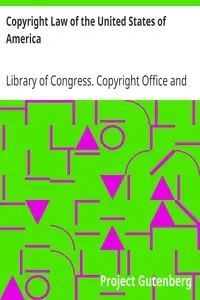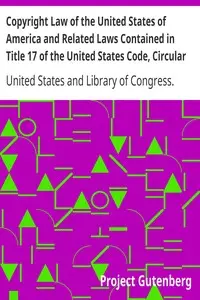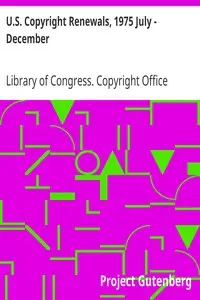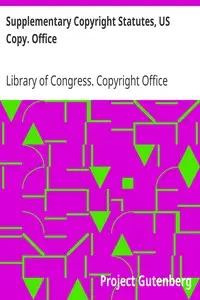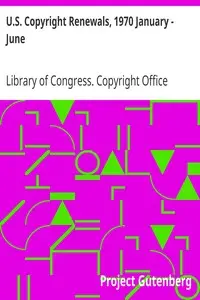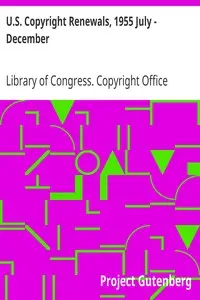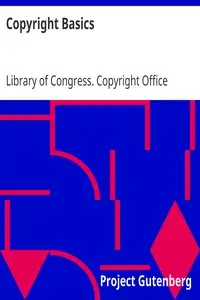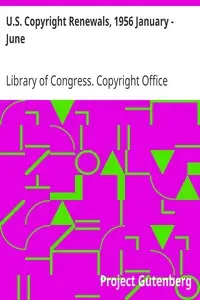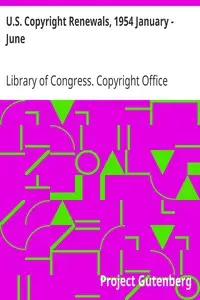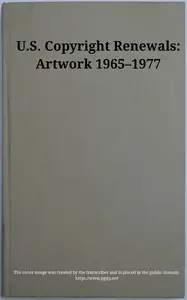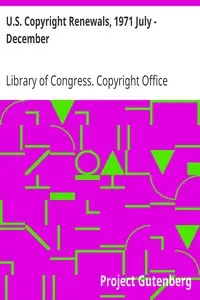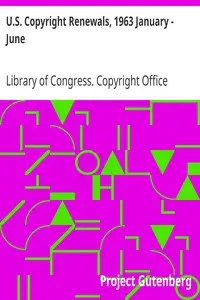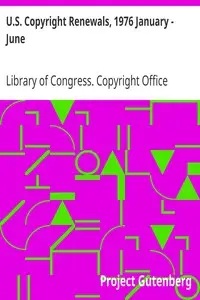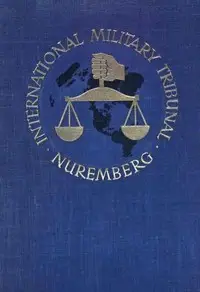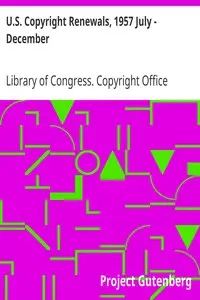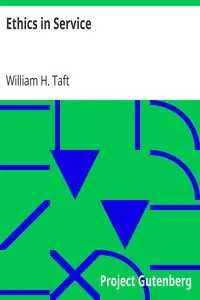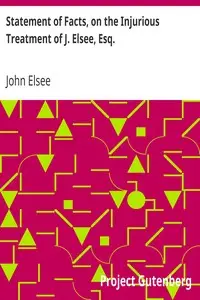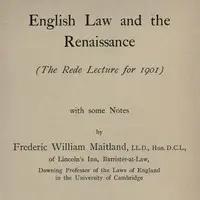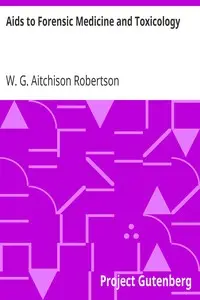"Reproduction of Copyrighted Works by Educators and Librarians" is a document from the United States Copyright Office, crafted to offer direction on copyright laws for schools and libraries. Published near the close of the 20th century, this circular explains the laws about copying copyrighted material, concentrating on the rights of teachers and librarians to copy and share content, based on fair use rules and exceptions in copyright law. The document gives a complete look at parts of U.S. copyright law, like Sections 106 and 107, which describe exclusive rights and fair use. It has rules for when teachers can copy for class and when libraries can copy for research and saving documents. The text points out that copying is usually not allowed, but some educational uses are considered fair use, which means some copying is okay without copyright issues. It also states the rules for when libraries can copy works, stressing that they must follow copyright rules while still allowing access to learning materials.
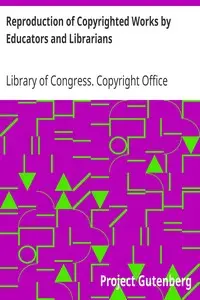
Reproduction of Copyrighted Works by Educators and Librarians
By Library of Congress. Copyright Office
Explore the rules that determine when educators and librarians can copy copyrighted materials for classroom use and preservation, navigating the delicate balance of fair use and legal restrictions.
Summary
About the AuthorThe United States Copyright Office (USCO), a part of the Library of Congress, is a United States government body that registers copyright claims, records information about copyright ownership, provides information to the public, and assists Congress and other parts of the government on a wide range of copyright issues. It maintains online records of copyright registration and recorded documents within the copyright catalog, which is used by copyright title researchers who are attempting to clear a chain of title for copyrighted works.
The United States Copyright Office (USCO), a part of the Library of Congress, is a United States government body that registers copyright claims, records information about copyright ownership, provides information to the public, and assists Congress and other parts of the government on a wide range of copyright issues. It maintains online records of copyright registration and recorded documents within the copyright catalog, which is used by copyright title researchers who are attempting to clear a chain of title for copyrighted works.

